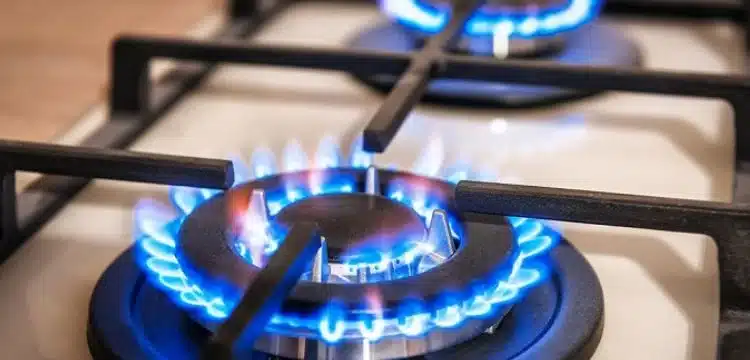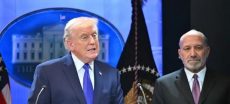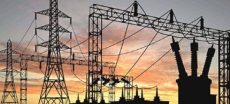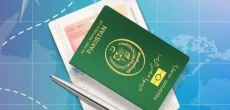[vc_row][vc_column][vc_column_text dp_text_size=”size-4″]
In the aftermath of imposing an additional cost of Rs400 billion on gas consumers, the government has opted to recover an extra Rs5 billion monthly from them for the supply of imported gas to fertilizer plants at reduced rates. The Economic Coordination Committee (ECC), led by Finance Minister Dr. Shamshad Akhtar, made this decision after the finance ministry declined to provide funds. The ECC agreed that the disparity between local and imported gas prices, amounting to nearly Rs2,400 per million British thermal units (mmBtu), translating into Rs5 billion per month, would be recuperated from consumers through an upcoming gas price hike effective from January 1.
The ECC chose to offer imported gas at local prices for two months, potentially resulting in an additional burden of Rs60 billion annually on consumers. This is in addition to the Rs400 billion already being recovered from consumers through a gas price increase from November 2023 to June 2024, reaching up to a 193% hike.
Read more : IMF Calls For Gas Price Hike To Reduce Debt
The Petroleum Division proposed that provinces shoulder 50% of the differential cost, with the remaining 50% passed on to domestic consumers. However, the ECC decided to fully recover the cost from individuals with no influence in power circles.
Starting from November 1, the government implemented a gas price increase of up to 193%. However, the Pakistan Bureau of Statistics reported that the rise in gas prices for the lowest income group was as high as 480%.
Two Punjab-based fertilizer plants, Agritech and Fatima Fertilizer, producing 74,000 tons of urea per month, are receiving gas at Rs1,229 per mmBtu, costing taxpayers Rs30 billion in the last fiscal year. The imported gas price, as determined by the Oil and Gas Regulatory Authority (Ogra), is $12.5 per mmBtu or Rs3,625.
The ECC also approved the import of 200,000 tons of urea from Azerbaijan at $388.5 per ton, with deferred payments accepted for one month. The government’s request for deferred payments from Russia was not accepted. The ECC rejected a proposed increase in prices for 262 medicines, suspecting an attempt by manufacturers to create an artificial shortage.
[/vc_column_text][/vc_column][/vc_row]











